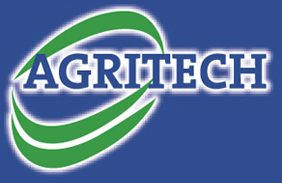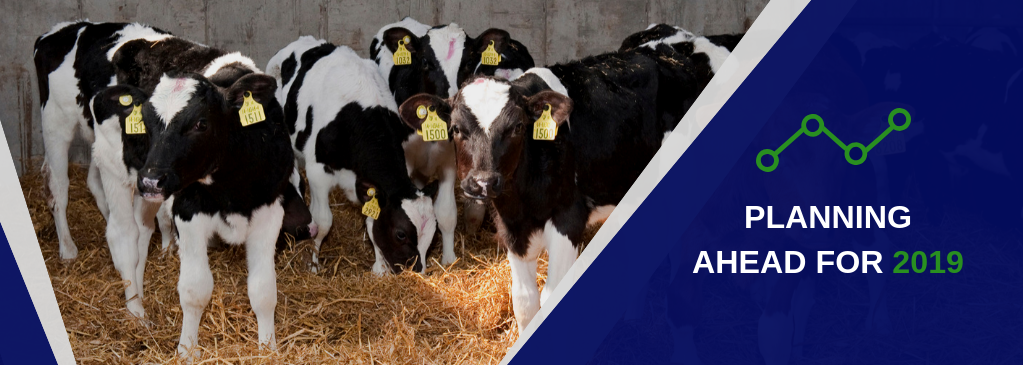Planning ahead is the key ingredient for success. Below we outline a number of key tasks that farmers must address to ensure that they are ready for the New Year.
Silage Analysis
Favourable weather conditions created excellent autumn grazing conditions across the country, enabling many farms to bulk up silage stocks and reduce the risk of fodder deficits this winter. Despite this, it is essential not to become complacent, therefore we recommend that every farm establishes the quality and supply of silage in order to ensure that all animals are fed for optimum performance. Simply measure length x width x height (metres)/1.4 to give an accurate assessment of fresh tonnes of silage in the pit.
Cow Body Condition Analysis
Cow body condition analysis is one of the most important jobs to be completed on farms at this time of the year. We recommend that farmers segregate under conditioned cows, especially first time calvers and those carrying twins, and supplement appropriately. A simple mix of soya and a barley or oats blend will fit most situations with the ratios and feeding levels dictated by silage quality and cow condition.
Dry Cow Mineral Supplementation
Dry cow supplementation is essential for this time of the year. With a feeding recommendation of 100 grams per head per day, it is important that an increased amount of feed per day is given to cows who started their dry cow supplements late. A dry cow should receive a minimum of 6kgs of dry cow minerals in advance of calving in order to ensure that she is adequately replenished and prepared for calving and next year’s lactation.
Click here for more information or take a read of our brand new 2019 Welmin Brochure.
Housing Hygiene
With herd sizes increasing, the pressure on calving facilities and calf housing has become intense on many farms. If you suspect that cryptosporidium is a problem on your farm, it is important to ensure that the disinfectant you use addresses this hazardous threat. Steam cleaning is also a very useful tool in the fight against this parasite. It is highly recommended to apply a suitable hygiene product such as our Sanitise Bedding Conditioner to the disinfected area.
Vaccinations
A ‘dry’ farm is not an assurance against fluke infection, therefore the herd should be dung sampled to establish if parasites exist. Many of the anti-scour vaccines have a recommended application time of between 12 and 3 weeks before calving, making now an excellent time to vaccinate the early calving portion of the herd. Be careful to adhere to the regulatory guidelines when addressing fluke infections.
Soil Testing
Now is also a great time to carry out the required soil tests on your farm. Ideally, the optimum time to test is 12 + weeks following the application of chemical fertilizer or slurry. When soil testing, it is important to ensure that the test taken is an accurate representation of the area being tested. This is best achieved by using a soil core and walking the area in a ‘W’ formation. 250 grams is an adequate amount of soil to include for each sample.
For further advice on any of the above items discussed, please contact your local distributor.
Wishing all our customers a very Merry Christmas and a Happy New Year!



